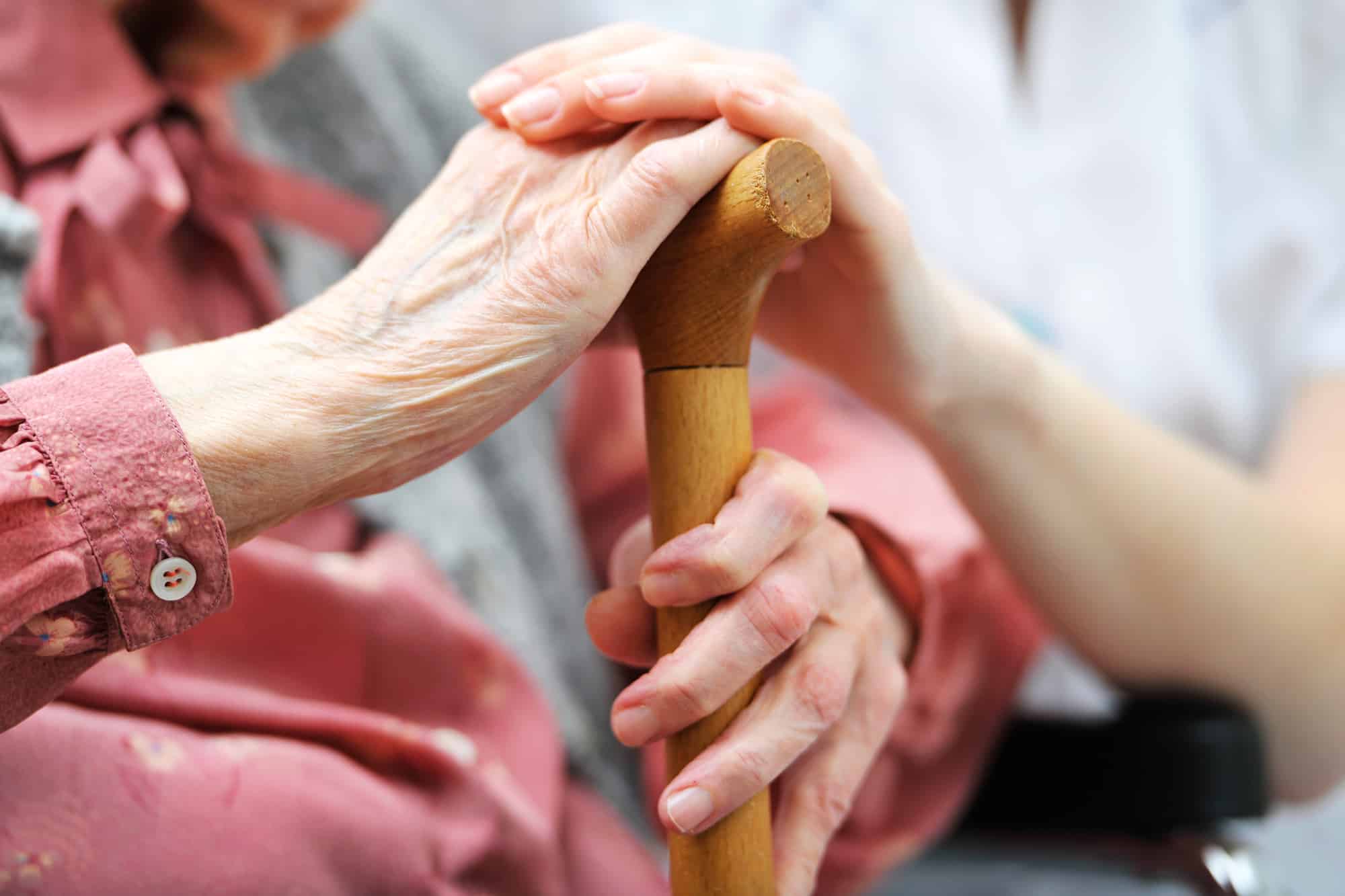Trick Factors To Consider for Family Members When Selecting Appropriate Senior Citizen Treatment Solutions for Their Aging Family Members
Selecting appropriate elderly treatment remedies for aging relatives is a nuanced procedure that needs careful consideration of numerous elements. Households need to begin by analyzing the distinct requirements of their loved ones, taking into account medical backgrounds, emotional well-being, and personal choices. The evaluation of offered care optionsâEUR" varying from at home assistance to specialized facilitiesâEUR" has to be balanced with an understanding of financial implications and safety issues. As family members browse these complicated selections, the function of open communication and cooperation can not be overstated, yet lots of forget critical components that can dramatically influence the result.
Assessing Person Needs

Additionally, psychological and social needs play a substantial function in the wellness of seniors. An evaluation should take into consideration the individual's desire for social interaction, pastimes, and support systems. Family members characteristics and the schedule of informal caregivers should likewise be factored into the formula, as they can affect the kind of care that is most appropriate.
Examining Care Options

In-home treatment provides the advantage of acquainted surroundings and individualized focus, which can enhance convenience and psychological well-being. Alternatively, assisted living facilities offer an organized setting with access to on-site healthcare and social activities, fostering community interaction. Nursing homes cater to those calling for extensive medical supervision, while grown-up day care programs enable senior citizens to participate in social tasks throughout the day, offering respite for household caretakers.
It is crucial to evaluate the personnel certifications, center licensing, and readily available solutions in each choice. In addition, families ought to seek comments from existing locals or customers and evaluate the general reputation of the treatment carriers. Inevitably, selecting the ideal treatment choice is an essential choice that ought to show an equilibrium in between the senior's requirements, security, and lifestyle.
Comprehending Prices and Budget Plan
Navigating the monetary landscape of senior care can be complex, as different choices included varying costs that can substantially affect a family's budget plan. Understanding these costs is vital for family members to make enlightened choices pertaining to look after their aging family members.
Typical senior treatment options include in-home care, aided living centers, and retirement home, each with its own pricing framework. In-home care generally bills by the hour, while helped living typically involves month-to-month lease plus extra solution fees. Nursing homes generally have higher costs because of the considerable clinical care given. It is vital to consider not just the base costs however also any kind of covert costs that may emerge.
Moreover, family members ought to examine their financial resources, consisting of insurance coverage, federal government support programs, and individual cost savings. Lasting care insurance coverage might cover particular services, which can alleviate some financial worries. Creating an in-depth spending plan that outlines expected expenditures can aid families identify the most appropriate care option while guaranteeing they remain within their financial ways. By thoroughly recognizing the prices connected with each option, households can better browse this critical facet of elderly treatment preparation.
Ensuring Safety And Security and Protection
Ensuring the safety and security and safety of seniors is paramount in any type of treatment setup, as their vulnerability usually needs heightened focus and protective steps. Families need to evaluate the physical setting of prospective treatment facilities, seeking attributes such as protected entries, well-lit hallways, and obtainable fire escape. Additionally, the existence of safety and security equipment, such as grab bars and non-slip floor covering, can significantly minimize the threat of mishaps.
Team training is one more crucial facet; caretakers should be fluent in emergency situation procedures, emergency treatment, and the details needs of elderly people. History look at workers likewise ensure that residents are taken care of by trustworthy individuals - home health care orlando florida. In addition, technology can play an essential role in enhancing security. Keeping an eye on systems, individual emergency situation feedback systems (PERS), and fall detection devices supply tranquility of mind for households and instant help for elders.
Lastly, open communication channels in between family members and care providers are important. Regular updates concerning the well-being of seniors, along with a clear strategy to care strategies, can promote count on and guarantee that safety continues to be a main focus in the care given. By focusing on these aspects, households can make informed choices that secure their aging family members.
Involving Family in Decision-Making

Households must begin by openly communicating about the various treatment click here for info remedies readily available, such as at home treatment, helped living, or nursing facilities. It is vital to evaluate the specific demands of the aging loved one, consisting of medical needs, mobility, and social involvement. By entailing all appropriate relative, different viewpoints and understandings can be gathered, resulting in even more educated decisions.
Additionally, family members participation assists in identifying possible caregivers and establishing an assistance network. Normal household meetings can promote ongoing conversations and adaptations as demands alter, allowing family members to stay responsive to the evolving circumstances of their enjoyed one. Eventually, a collaborative decision-making procedure encourages a feeling of shared duty and makes sure that the selected treatment solution straightens with the family's vision for their aging loved one's well-being and self-respect.
Final Thought
In verdict, choosing appropriate senior treatment services demands a comprehensive evaluation of private needs, offered treatment options, and connected prices. Prioritizing safety within the living see this atmosphere and cultivating family involvement in decision-making procedures further improves the performance of care. By straightening treatment choices with the aging family member's clinical history, emotional needs, and individual choices, families can produce an encouraging network that advertises well-being and dignified living for their liked ones in their later years.